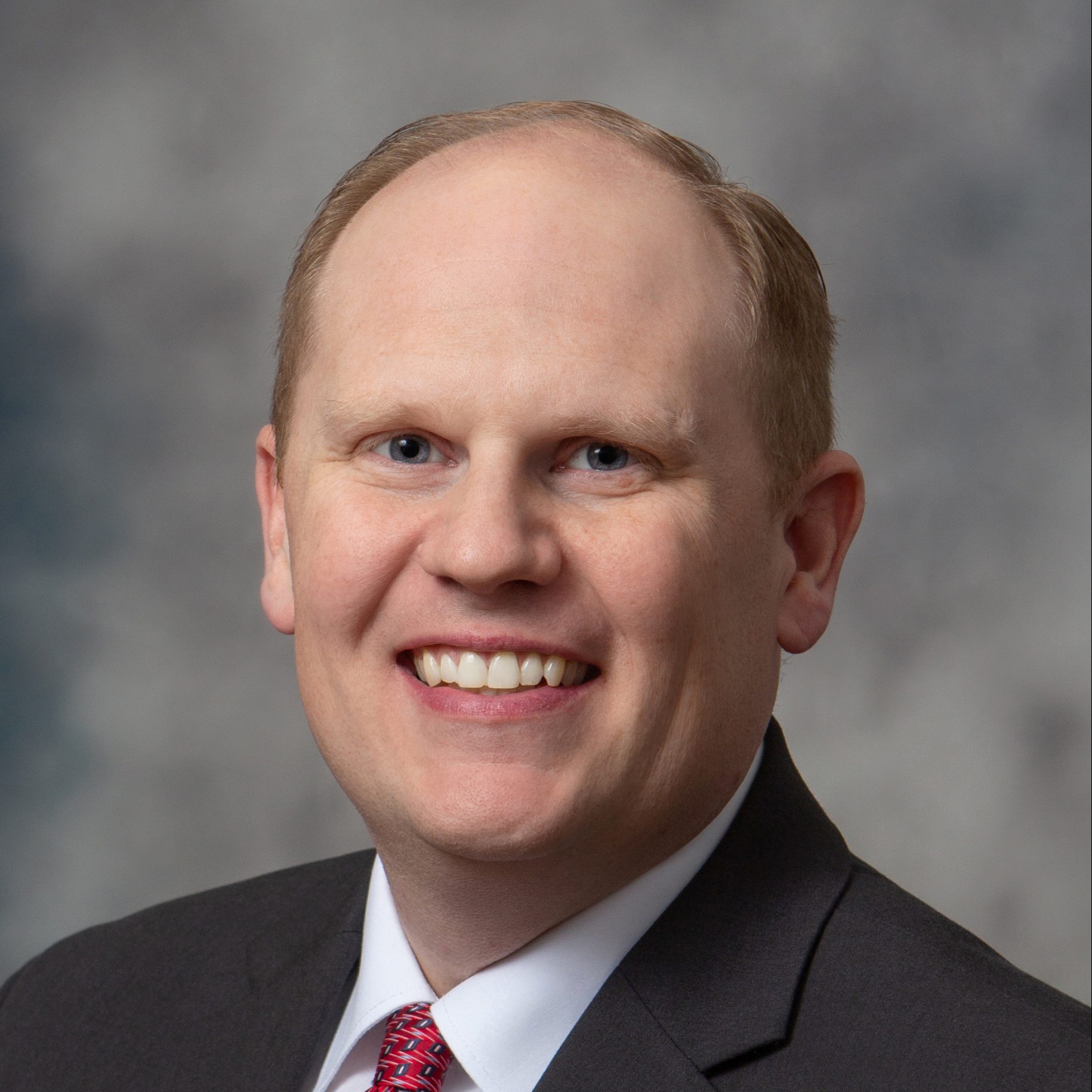Originally published in the Winter 2023 issue of Kansas Child Magazine.
Quality, accessible, affordable child care contributes to the prosperity of Kansas today and tomorrow. This statement has never been more true than it is today — a conclusion supported by the significant economic and social disruptions related to child care that the Kansas business community experienced during and after the COVID-19 pandemic.
You can probably think of a family or two in your community who has struggled to access child care. This problem affects tens of thousands of Kansans — and limits their ability to participate in the workforce. In many cases, a parent chooses to exit the workforce to care for their child.

Some parents move to part-time work. Others simply don’t have the option to quit or reduce their hours, which results in rising absenteeism, lost productivity, and high turnover rates for employers. In fact, Bipartisan Policy Center estimates that Kansas faces a long-term economic loss of $2.2 to 3.3 billion dollars due to the lack of child care options in our state.
The Bipartisan Policy Center estimates that Kansas faces a long-term economic loss of $2.2 to 3.3 billion dollars due to the lack of child care options in our state.
Child Care is a Two-Generation Workforce Issue
It’s crucial for our current workforce and economic recovery. And, since the release of the recent post-COVID standardized test scores across the nation, we’ve seen that the issue is also critical for the workforce of tomorrow. That future is less than two decades away, since the majority of today’s young children will enter the workforce in their late teens or early 20s.
Numerous studies over the past four decades have proven that the first five years of a child’s life are crucial to their literacy, numeracy, communication, and social-emotional skills; all are building blocks for their K-12 educational journey and key indicators of their ability to become engaged citizens who are prepared for their future jobs.
Quality Care is at the Heart of the Issue
At the heart of this issue is access to quality child care, where safety and learning are priorities. Child Care Aware® of Kansas estimates that the desired capacity of child care providers in the state meets only 49% of the potential demand. That boils down to a need for more than 85,000 additional child care slots to meet the demands of families across the state. Unfortunately, we’re trending in the wrong direction. Since 2020, Kansas has lost 344 licensed child care facilities.
As you can imagine, the gap between capacity and demand has a big impact on working parents, especially mothers. According to a recent U.S. Chamber of Commerce study, women are participating in the labor force at the lowest rate since the 1970s. In the spring of 2020, 3.5 million mothers left their jobs, driving the labor force participation rate for working moms down from around 70% to 55% nationally.
The future economic prosperity of our state and its citizens is tied to the success of early childhood education.
Now, more than ever, we need to continue to work toward unique solutions, mitigate burdensome regulations, and invest in private/public partnerships geared toward strengthening the future success of our children and our state.
-

Eric L. Brown
President and CEO, Salina Area Chamber of Commerce
Eric L. Brown
President and CEO, Salina Area Chamber of CommerceEric has been the president and CEO of the Salina Area Chamber of Commerce since 2019 and serves on numerous boards and committees, including the Child Care Aware® of Kansas board. Eric has been with the chamber since 2011 and has experience with projects and programs related to entrepreneurship, workforce development, housing, and business expansion and retention efforts. He works closely with local, state, and federal organizations and governmental partners to support business and industry in Saline County. Eric grew up in Brewster, Kansas. He received his undergraduate degree from Fort Hays State University and a master’s in business administration from Kansas Wesleyan University. He and his wife Danielle have two kids, who were lucky enough to have access to quality in-home child care.






